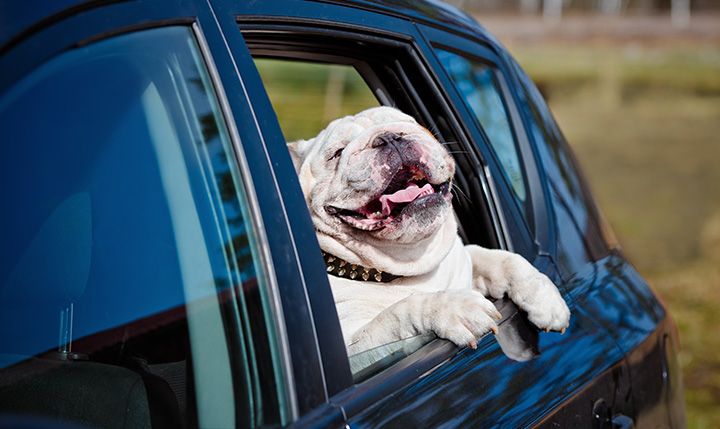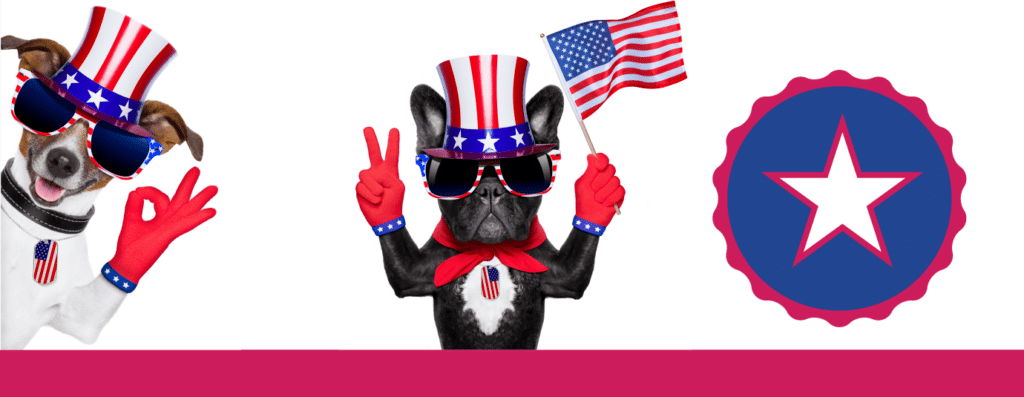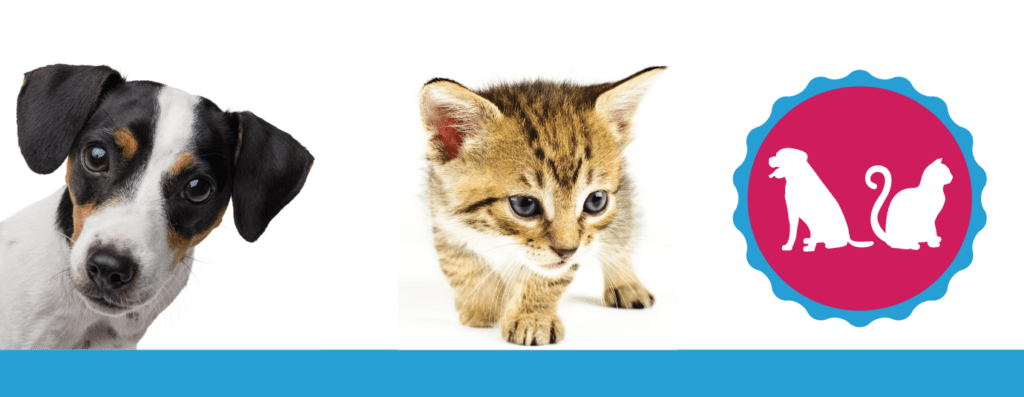January 2nd is National Pet Travel Safety Day and Splash and Dash is celebrating with 5 Pet Safety Tips for Pet Parents to Have Fun and Be Safe while Traveling on the Road
As pet parents who love their animals as their own four-legged children, many are strapping up for road trips and car rides with our pet companions, and want use pet safety tips to keep everyone in the car protected.
The roads can be a dangerous place for humans and animals alike. Splash and Dash Groomerie & Boutique believes in being proactive about these dangers, that way, if an accident ever happened, you and your pets would be safe.
Taking your pets with you in the car for errands or road trips can initially be very stressful on a dog or cat.
Many dogs find car rides an emotionally distressing time and might behave erratically while in the car. Keeping your dog off your lap and secured is the safest route to keep you from being distracted and your pets out of harm\’s way. There is no question that dogs love to hang their heads out the window to get a blast of the wind in their face, but debris flying into their eyes can be very harmful. Never leave your pets alone inside a car. Heat insulation can easily turn your car into a furnace in a matter of minutes, and in cold weather can freeze your pet.
This pet safety article aims to bring awareness to National Pet Travel Safety Day so we can all ride safely.
Acclimating Pets to the Car
The first few weeks of introducing a new animal to your lifestyle and getting them structured is very important. An adopted rescue dog may need more accommodation depending on their circumstance. Also, part of socializing a puppy is getting them used to car rides.
It is important for dogs to know car rides are safe because they will need to go for rides whenever they visit the groomer or veterinarian.
They will need to accustom their footing for the instability of the car ride when going over speed bumps and potholes. The sound of the engine and radio is also foreign to a dog and could cause unnecessary stress. Lastly, a dog could experience motion sickness while being in a mobile environment they are not used to.
When you first bring your dog home on the ride, bring another person to hold them for their first ride. This will curb their anxiety level and tell them everything will be alright. After the first ride home, use treats to create a positive association with the car whenever they go for a trip.
Cats will usually need to be crated for car rides and depending upon your cat\’s demeanor, usually have an easier time in cars. If your cat is a frequent visitor of the groomers or veterinarians you will want to get them adapted to being in the car too. This will make things easier for future car rides.
Securing Your Dog and Cat
The most important pet safety provision is to use a travel crate, harness, or booster seat when riding with your pet.
A travel crate is a great way to get dogs comfortable in the car and provide pet safety. Many “nesting” dogs actually prefer the dome-like environment of the car, and having a crate inside the car makes them feel even more secure. Place your dog or cat\’s favorite toy and bedding in the crate with them to familiarize the whole experience.
The size of the crate is important. Make sure your pet can sit, stand, turn around fully, and lie down inside their crate comfortably.
Another option for dogs is using a dog travel harness. This is like a seatbelt for dogs. The harness straps around your dog and buckles into your car\’s seat belt. Most harnesses on the market are easy to use and universally compatible with all car buckles.
Booster seats are great for small dogs that enjoy being elevated in a comfortable position. The booster seat is strapped into your car and small dogs are able to observe everything that is happening making them feel safe.
Dog seat covers are also available to keep your pet from sliding on leather car seats. They also keep your car protected from nails and a dirty dogs.
Restraining your pet in the car is important for their pet safety. In the event of a crash just at only 10 M.P.H., a dog could slam through a windshield, into the back of the seat, or into the dashboard. At the very least they would suffer minor cuts, bruises, or broken bones. The best pet safety practice that ensures this doesn\’t happen is to secure our pets.
You buckle up, so should your animals.
Travel Kits
Whether you are planning a lengthy road trip, or just running a short errand, it is always a good idea to have your car loaded with any pet safety items you might need.
This includes:
- Travel Paperwork (pet\’s rabies and vaccination record)
- Some state interstate crossings require this.
- Pet Food
- Bowls
- Leash
- Waste Bags/Scoops
- Grooming Supplies
- Medication
- First Aid Kit
- Favorite Toy
- Soft Bedding
- Treats
- Water!
For pet safety, and road safety, it is always a good idea to bring a few extra gallons of water when on road trips. If your car ever broke down in a hot climate all passengers need to stay hydrated. Also having a windshield shade will help keep everyone cool while awaiting a tow truck or car services.
Heads Outside the Window
It is an iconic image.
The window rolled down, doggie\’s head outside, their tongue flapping in the wind. It is no secret. Dog\’s do love having the breeze in their face, but it is not always the safest.
Many pet experts advise against letting your dog have their head outside the window at all. Debris from the road like gravel, merging traffic, and low hanging branches could all collide with your dog\’s face. For pet safety, the best way to prevent this from happening is to keep the windows rolled up.
However, if you do decide to let your dog catch some wind, please monitor your speed. The same pebbles that can cause a crack in your windshield will be hitting your dog\’s face so please be aware of your traveling speed, especially with your windows down. Even slow speeds can be dangerous.
Additionally, it is also not a good idea to let your pet ride in your lap while you drive. This will distract you as a driver, and if the car comes to a sudden stop, or collision, you could possibly crush your pet against the steering wheel.
Car Sickness
Many times rescue dogs can be very prone to anxiety in the car. Motion sickness or car sickness happens when a dog is visually overstimulated, or not used to the foreign feeling of not being able to remain balanced in a moving vehicle.
Take your dog for a long walk before getting them into the car. This will help a dog to relax. If they are sufficiently exercised prior to riding, this will draw your dog\’s attention away from their fear. Also, toys with a recessed squeaker are helpful to distract your dog from the loudness and external scariness of the road.
Of course, when everything else fails, treats will always work.
If your dog is particularly nervous in the car, try taking them on a series of short car trips packed with plenty of soothing encouragement and treats. This will help familiarize the car ride to them, and also help them associate it with good things i.e. treats.
Follow Splash and Dash Groomerie & Boutique:
- Website: http://splashanddashfordogs.com/
- Website: https://splashanddashfranchise.com/
- Facebook: https://www.facebook.com/splashanddashfordogs/
- Instagram: @splashanddashfordogs
- LinkedIn: https://www.linkedin.com/in/dan-j-barton-622ab517
- Twitter: splashanddash4dogs



